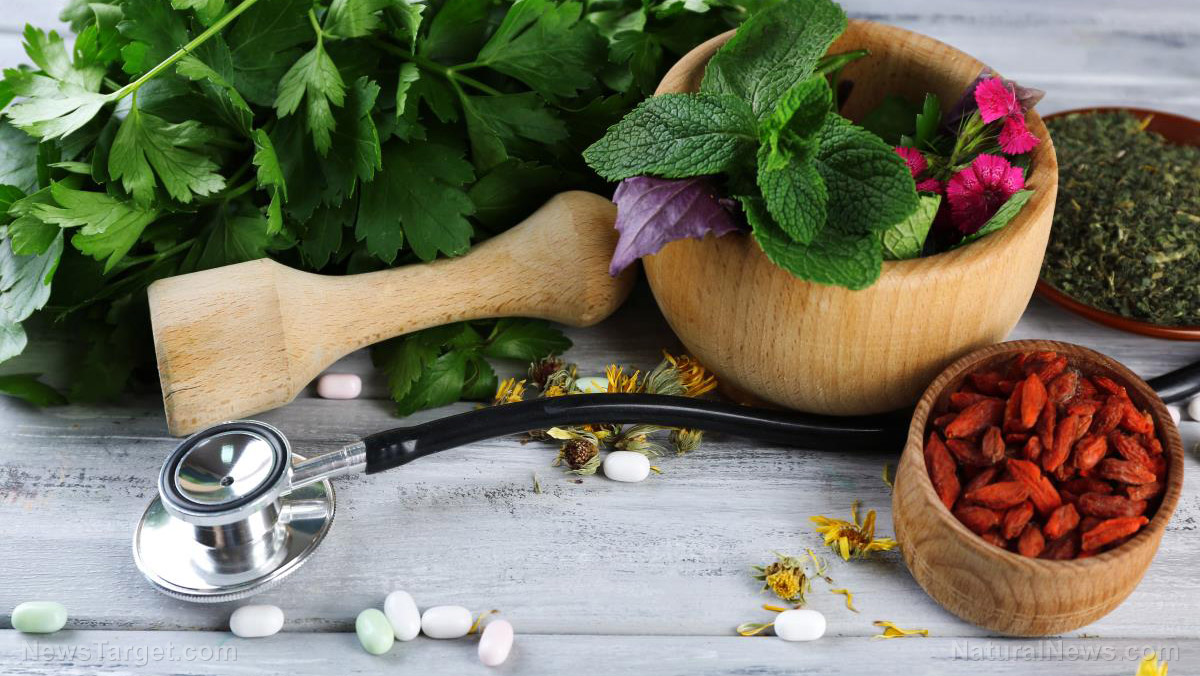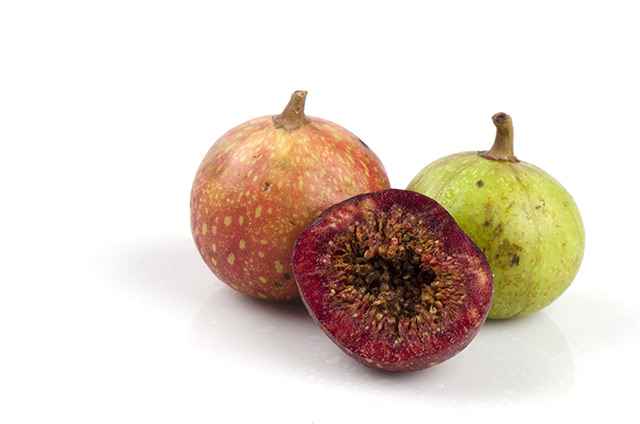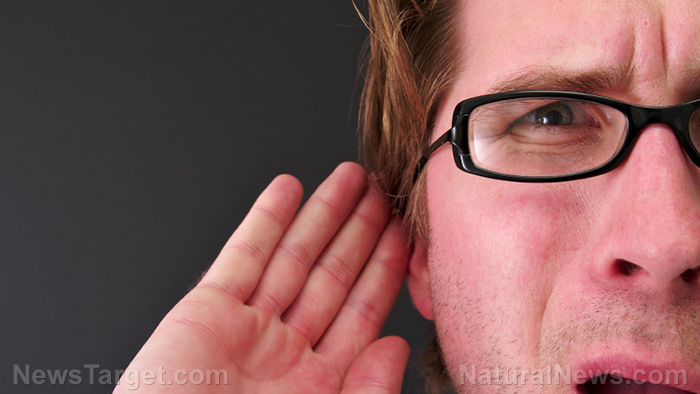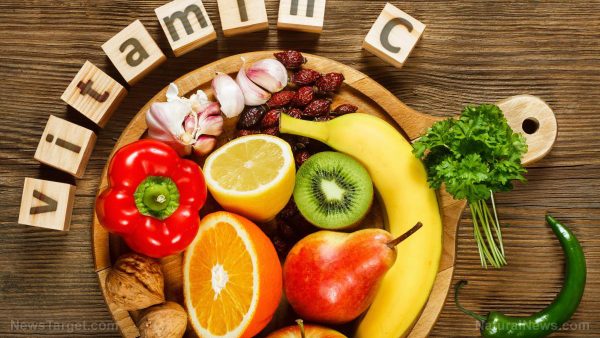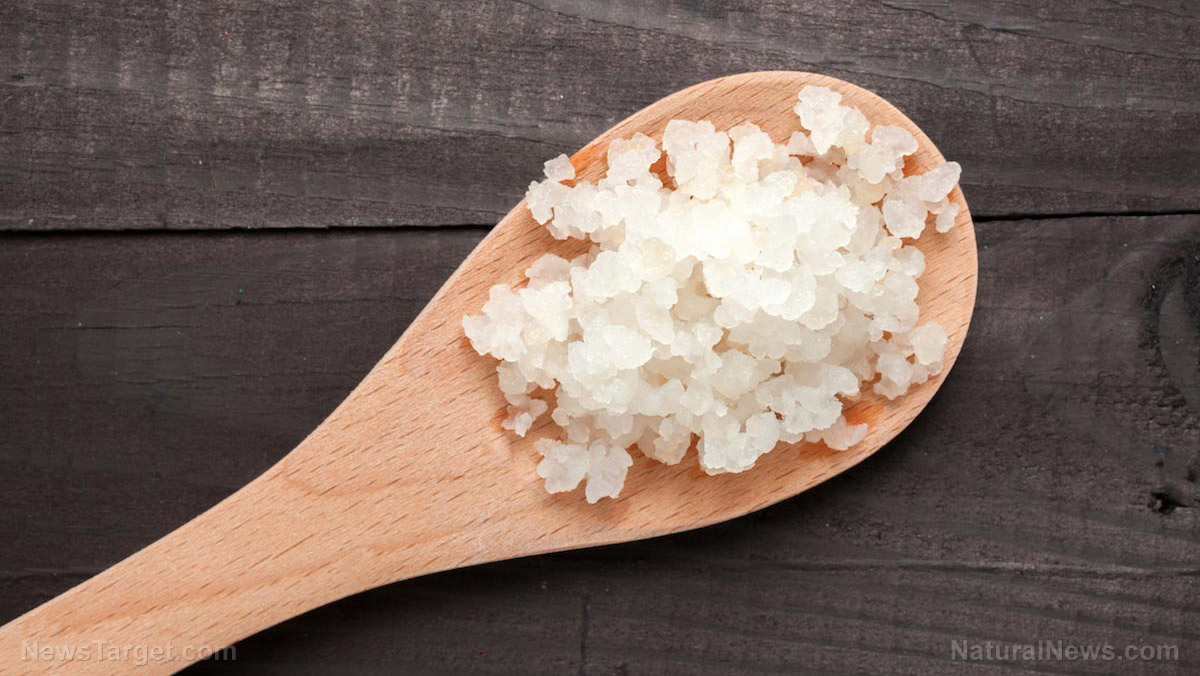After hearing about the horrors of antidepressants, or experiencing them firsthand, many people seek alternative treatments that can alleviate depression without any side effects. From a higher suicide risk to seizures and sleep disruptions, to name just a few, it is understandable that some people feel the risks of these drugs are not worth it. Now, a randomized trial has shown that people suffering from moderate to severe depression can feel better simply by eating healthier foods. This is wonderful news for depression sufferers because not only does eating healthy have no adverse side effects, but it actually enhances your health in other ways, too, making it an ideal solution.
It might be hard to believe that the answer to depression could be so simple, but many of us have experienced that sluggish haze that follows a heavy, unhealthy meal. Therefore, it stands to reason that eating healthy could indeed have the opposite effect, and that is exactly what a recent study published in BMC Medicine found.
The study involved 67 volunteers who had depression that ranged in intensity from moderate to severe. They all had diets that were characterized as poor before the study started. Half of the participants were randomly assigned to a group that underwent regular sessions with a dietitian over the course of 12 weeks to help them follow a modified version of the Mediterranean diet.
The other group underwent social support sessions for the same number hours, during which they talked about whatever happened to be on their minds. After the trial came to a close, the people in the group on the Mediterranean diet had noted a significant improvement in their depression levels, with 32 percent of them finding that their symptoms went entirely into remission; only 8 percent of the control group could say the same.
The evidence is piling up that the Mediterranean Diet is good for your body as well as your mind. This diet is rich in foods such as organic fruits and vegetables, olive oil, and whole grains. The volunteers in the study consumed a modified version of the diet that also included nuts and legumes. Cashews, which are rich in tryptophan, have been shown to help with mood regulation and decrease stress, depression, and anxiety. The diet is low in meat, and consumption of dairy products, and alcohol is moderate.
It is not known exactly why these foods can alleviate depression, but it is believed that the diet’s effects on inflammation and gut bacteria played a role. One recent study found that those who experience inflammation have a higher likelihood of depression than people with healthier immune systems.
Other research has shown that people who suffer from mental health issues are often more malnourished than the rest of the population. Experts say that a diet that is high in olive oil can enhance the amount of serotonin that is available to the brain, which is also how many antidepressants work.
A previous study from Spain that was published in the Journal of the American Medical Association found that after making adjustments for a number of depression risk factors such as number of children, marital status, lifestyle habits, and personality traits, those people who followed the Mediterranean diet the most closely noted a 30 percent lower risk of depression than the people who did not adhere to the diet.
The diet is also linked to a decreased risk of cancer and heart disease, so there really is no reason not to adopt this healthy way of eating if you want to boost your health and your well-being. For those suffering from depression, it could make all the difference in the world. (RELATED: Follow more news about brain health at Brain.news.)
Sources include:
Vocativ.com
NaturalNews.com
NaturalNews.com
NaturalNews.com
NaturalNews.com


